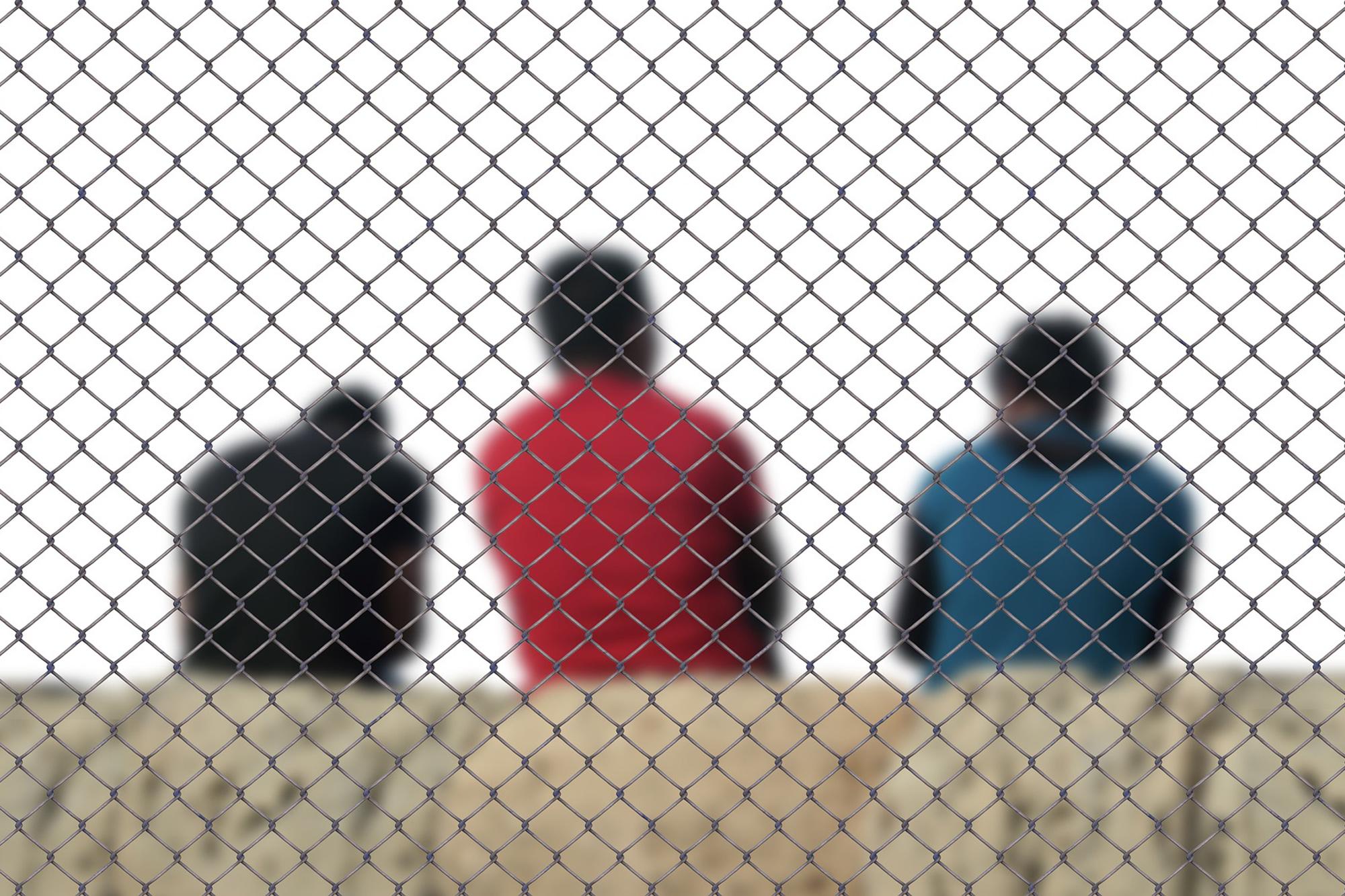Project on unaccompanied minor refugees completed

The often adverse conditions in which unaccompanied refugee minors (URMs) are accommodated and cared for also feature elements of coercion. They have a lasting effect on the lives of URMs.
Unaccompanied refugee minors are often housed and cared for in unsuitable conditions, with elements of coercion often predominating. This is largely because young refugees are treated primarily as asylum seekers and only secondarily as children or adolescents. Ensuring the welfare of the child thus has a lower priority than matters relating to asylum law.
Furthermore, young people are usually given few opportunities to participate in decisions that have a significant impact on their daily lives and future. This lack of opportunity to participate makes it more difficult for URMs to evaluate their own situation. They are forced to accept decisions that have been made for them.
Given their differing life experiences, URMs vary in how well they cope with the challenge of coming to Switzerland. Some URMs need far more help and support than others. In order to meet their needs, a wide range of care facilities is required.
